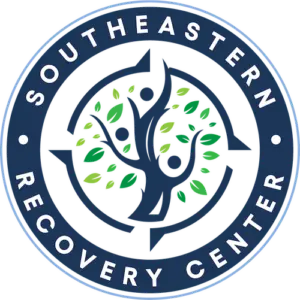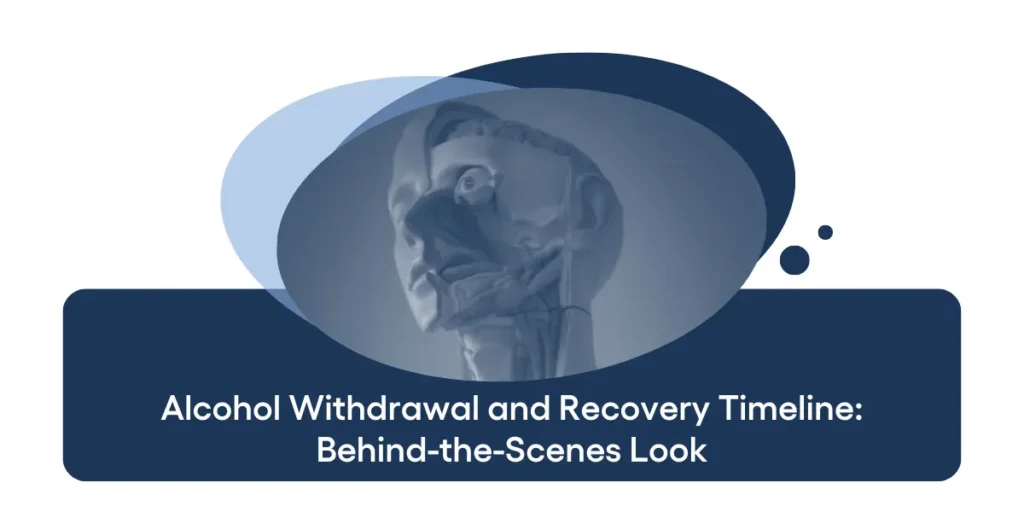Dealing with a son who is struggling with alcoholism can be an incredibly challenging and emotional experience for any parent. Watching someone you love struggle with addiction is heart-wrenching, but your support can play a major role in their journey to recovery. While there are no easy solutions, there are effective strategies that can help guide your son towards sobriety and a healthier life.
One of the biggest ways to help an alcoholic son is to provide compassion, support, and understanding throughout the sobriety process.

What is Alcoholism?
Alcoholism, also known as alcohol use disorder (AUD), is a chronic disease characterized by an inability to control or stop drinking despite adverse social, occupational, or health consequences. It involves a physical and psychological dependence on alcohol, leading to significant impairment and distress. Understanding alcoholism is crucial for recognizing the signs, seeking appropriate treatment, and supporting those affected.
According to the CDC, men are more likely than women to drink excessively. In 2020, 13% of adult men reported having an alcohol use disorder compared to 9% of adult women.
Key Characteristics of Alcoholism
Alcoholism can be identified by a few key characteristics. One of the most prominent is craving, which is a strong need or compulsion to drink. This is often accompanied by a loss of control, where the individual finds it difficult or impossible to limit their drinking on any given occasion. Physical dependence is another critical aspect, as stopping alcohol use after a period of heavy drinking can lead to withdrawal symptoms such as nausea, sweating, shakiness, and anxiety. Individuals with alcoholism often develop a tolerance, meaning they need to consume greater amounts of alcohol to achieve the same effect.
Signs and Symptoms of Alcoholism
Alcoholism can manifest in a variety of physical, psychological, and behavioral symptoms:
- Physical Symptoms: Frequent intoxication, blackouts, hangovers, neglecting personal hygiene, and health problems such as liver disease or cardiovascular issues.
- Psychological Symptoms: Mood swings, irritability, depression, anxiety, and cognitive impairments.
- Behavioral Symptoms: Drinking alone, hiding alcohol consumption, neglecting responsibilities, and engaging in risky behaviors like drunk driving.

10 Ways to Help an Alcoholic Son
Dealing with a son who is struggling with alcoholism can be one of the most challenging experiences a parent can face. The journey to recovery is often long and filled with obstacles, but your support and understanding can make a significant difference in his life. By educating yourself, offering emotional and practical support, setting boundaries, and encouraging professional help, you can play a crucial role in his journey towards sobriety and a healthier future.
1. Educate Yourself About Alcoholism
Understanding alcoholism as a disease is fundamental, as this knowledge will help you empathize with your son and provide informed support. Websites like the National Institute on Alcohol Abuse and Alcoholism (NIAAA) and the Mayo Clinic also offer valuable information. You can also attend workshops and seminars on addiction, often available in many communities. These can provide deeper insights and connect you with experts.
Start by reading reputable sources such as “Alcoholics Anonymous: The Big Book” or “Under the Influence: A Guide to the Myths and Realities of Alcoholism.”
2. Communicate Openly and Honestly
Effective communication is key to supporting your son, as it helps build trust and shows that you care about his well-being. Using “I” statements can make a significant difference; instead of saying, “You always drink too much,” try saying, “I feel worried when you drink because I care about your health.” Practicing active listening is also crucial. When your son speaks, listen attentively without interrupting, and show empathy by nodding and reflecting back what he says.
3. Encourage Professional Help
Professional intervention is often necessary for treating alcoholism, so encourage your son to seek help from medical and addiction professionals. Consulting a healthcare provider is a good first step, as a doctor can assess your son’s health and recommend treatment options such as detoxification, medication, or therapy. You can also research rehabilitation programs to find rehab centers that offer comprehensive treatment plans, including detox, individual and group therapy, and aftercare support.
Websites like Southeastern Recovery Center or the Substance Abuse and Mental Health Services Administration (SAMHSA) can help you find treatment programs near your son.
4. Offer Practical Support
Supporting your son with the logistical aspects of getting help can make a significant difference. Assist him in finding the right treatment program by researching options and choosing between inpatient or outpatient rehab, depending on his needs. You can also provide transportation and offer to drive him to therapy sessions, support group meetings, or doctor’s appointments, removing one barrier to accessing help.
5. Set Clear Boundaries
Setting and maintaining boundaries is crucial for your well-being and for encouraging your son to take responsibility. Clearly communicate what behaviors are acceptable and what are not, such as stating that drinking is not allowed in your home. Be consistent in enforcing consequences if boundaries are crossed, which might mean asking him to leave the house if he is under the influence.
Setting clear boundaries with your son helps to develop stability, trust, and respect.
6. Join Support Groups for Families
Support groups can provide emotional support and practical advice from others who have faced similar challenges. Al-Anon, specifically for families of alcoholics, offers a safe space to share experiences and gain support. Additionally, family therapy can help address the dynamics affected by your son’s addiction and improve communication and support within the family.
7. Take Care of Yourself
Supporting an alcoholic son can be emotionally and physically draining, so it’s important to take care of yourself too. Try practicing self-care by engaging in activities you enjoy and that help you relax, such as exercise, hobbies, or spending time with friends, is essential for maintaining your well-being.
Seeking therapy can help you manage the stress and emotions related to your son’s addiction.
8. Promote Healthy Lifestyle Changes
Encouraging your son to adopt healthy habits can support his recovery process. Regular exercise can help reduce cravings and improve mental health, so encourage him to find a physical activity he enjoys, whether it’s running, swimming, or yoga. Promoting a balanced diet is also important for overall health and recovery. Help your son maintain a diet rich in fruits, vegetables, lean proteins, and whole grains.
9. Celebrate Small Wins
Recognizing and celebrating your son’s progress, no matter how small, can significantly boost his motivation through positive reinforcement. Celebrate milestones such as a week or month of sobriety, as this recognition can be both motivating and affirming. Regularly offer praise and encouragement for his efforts and improvements; simple words of encouragement can have a profound impact.
10. Be Patient and Persistent
Recovery is a long and challenging process that requires patience and persistence from both you and your son. It’s important to stay positive and maintain a hopeful outlook, even during setbacks. Encourage your son to develop relapse prevention strategies to avoid triggers and cope with stress, which might include mindfulness techniques, meditation, or having a support network in place.
Recovery often involves relapses that should be viewed as part of the journey rather than failures.

Learning How to Help an Alcoholic Son
Helping an alcoholic son can be challenging, but it isn’t something that you have to do on your own. By educating yourself, communicating openly, encouraging professional help, offering practical support, setting boundaries, and taking care of yourself, you can make a significant positive impact on his journey to recovery. Remember, your love and support can make a profound difference.
Let Southeastern Recovery Center help you help your alcoholic son – providing you with the guidance, support, and treatment options that can help him lead a sober life. Call us today to learn more about our alcohol rehab program and family therapy options.





